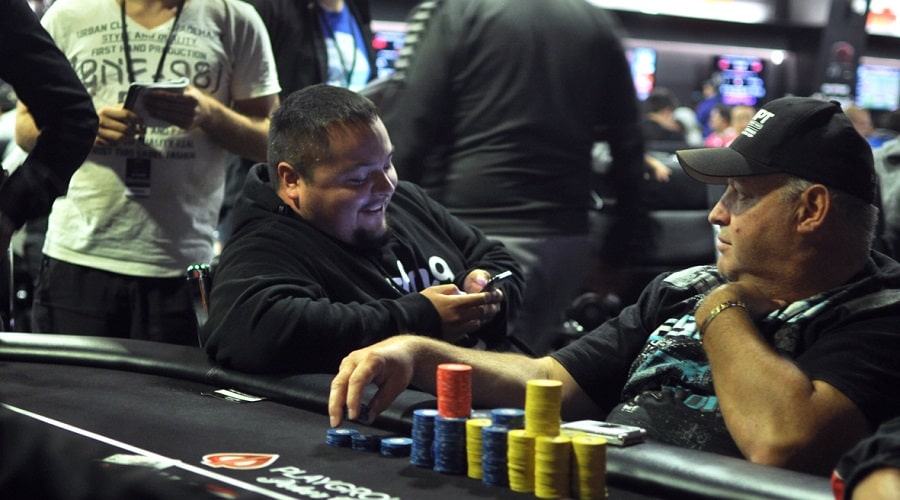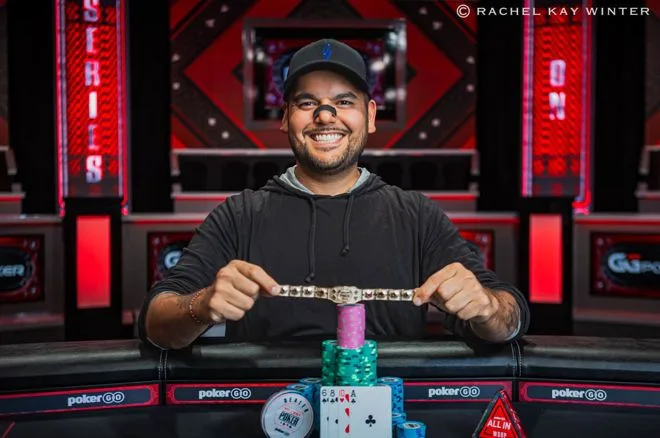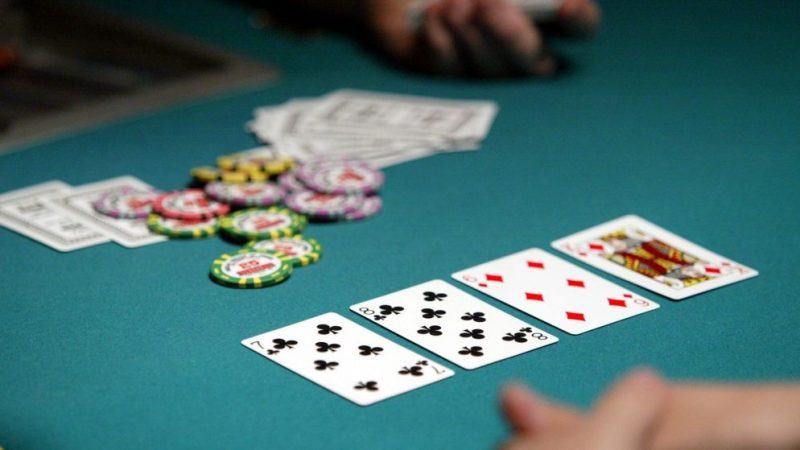
Tilt: Why Do Many Players Lose at Poker?
Every poker player, whether novice or professional, knows that success in the game isn’t just about skill. It’s also about managing emotions. One of the most significant obstacles many face is falling into the trap of tilt – a state where emotions dictate gameplay instead of strategy.
It’s a familiar scenario: you’ve had a few bad hands, your confidence is shaken, and suddenly, you’re making irrational decisions. Instead of relying on the strategies that have served you well, emotions like frustration and desperation take over. This mindset, this single mistake, often results in significant losses. Recognizing and managing tilt is crucial.
What is tilt?
Tilt, in the context of poker, refers to a state of emotional frustration or agitation, leading players to make sub-optimal decisions. A player on tilt isn’t thinking clearly, often playing too many hands, making excessive bets, or pursuing unreasonable strategies – all due to emotional reasons rather than logical ones. Tilt is often a reaction to bad luck, a bad beat, or consecutive losses, causing the player to lose control over their emotions.
What types of tilt are there?
Tilt doesn’t manifest the same way for everyone. It has several varieties:
- Revenge Tilt: This is where a player aims to get back at another player who they feel has wronged them.
- Desperation Tilt: Often after a series of losses, a player might feel desperate to recover their losses, leading them to take excessive risks.
- Injustice Tilt: This arises from the feeling that the game is being unjust – for instance, when a less skilled player gets a series of good hands.
- Boredom Tilt: This occurs when a player starts making moves just for the sake of action, especially after long periods of inactivity or not getting good hands.
- Running Bad Tilt: This happens when, despite playing well and making the right decisions, luck just doesn’t seem to be on your side.

Is it possible to avoid tilt?
Absolutely. The key to avoiding tilt is self-awareness and discipline. Here are some strategies to consider:
- Self-Recognition: Understand the signs that indicate you’re tilting. It could be a rising heartbeat, a sense of frustration, or starting to second-guess your decisions.
- Take a Break: If you sense tilt setting in, step away from the table. A brief break can reset your emotions and prevent costly mistakes.
- Set Limits: Decide beforehand on loss limits or a number of hands you’ll play. Stick to these regardless of emotions.
- Mindfulness and Meditation: Regular practices like meditation can help you manage emotions better, making it easier to avoid tilt.
- Review and Learn: After every session, review your gameplay. Recognizing patterns when you tilted can help you avoid them in the future.
Conclusion
Tilt is an unavoidable aspect of poker, but it doesn’t have to dictate your success. By understanding what tilt is, recognizing its signs, and employing strategies to counteract its effects, you can maintain control, optimize your gameplay, and increase your chances of success.
Popular topics
-
 What is a complete in poker: A Compre...
What is a complete in poker: A Compre...The complex world of poker often leaves players navigating …
-
 Bryce Yockey Criticizes $25,000 Fanta...
Bryce Yockey Criticizes $25,000 Fanta...Bryce Yockey Criticizes $25,000 Fantasy Draft Entry Fee Following …
-
 Omaha, what do I need to know about t...
Omaha, what do I need to know about t...The world of poker attracts many gambling enthusiasts. And …
